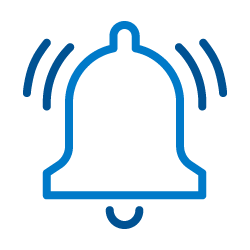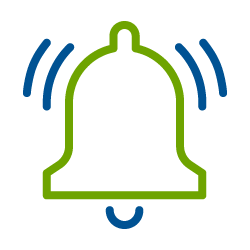Evitar estafas en tiempos desesperados

Fraudsters tend to increase their activity during emergencies, trying a variety of schemes. Recently, you might have noticed a lot more work-from-home job postings online, but not all of these are legitimate. Usually these posts will claim that you can work from home, but they aren’t real and actually may end up costing you money. How do you tell the real remote work offers from the fraudulent ones? Here are common signs of work-from-home scams:
- You must pay a fee before starting.
- The pay is above the market rate (e.g., $300 for an hour a day).
- No experience or skills are required.
- The company does not appear to have a permanent location.
- The company persists in contacting you.
- The company does not seem to have a customer base.
- You must pay upfront for equipment and supplies.
How to avoid them, and how to respond
If you suspect a scam or are curious about it, research the company online to see if there are any warnings about it by typing in the company’s name along with the word complaints. Also search the business with the Better Business Bureau and with the Federal Trade Commission.
If you need to launch a complaint, you have several resources at your disposal:
- The FBI: www.fbi.gov, or http://www.fbi.gov/contact-us/field, (202) 278-2000 or
- The FTC: ftc.gov/complaint or 1-877-FTC-HELP
- Your state’s attorney general: www.naag.org, or 202-326-6000
- The U.S. Postal Inspection Service: https://postalinspectors.uspis.gov/, or 1-877-876-2455














